How HeavySet Accelerates Bookings + Scales Growth for Home Service Pros
We love spotlighting partners who help home services businesses capture more opportunities, fill calendars, and boost sales. For January, we’re...
4 min read
Barbara Domingues : Updated on April 29, 2025
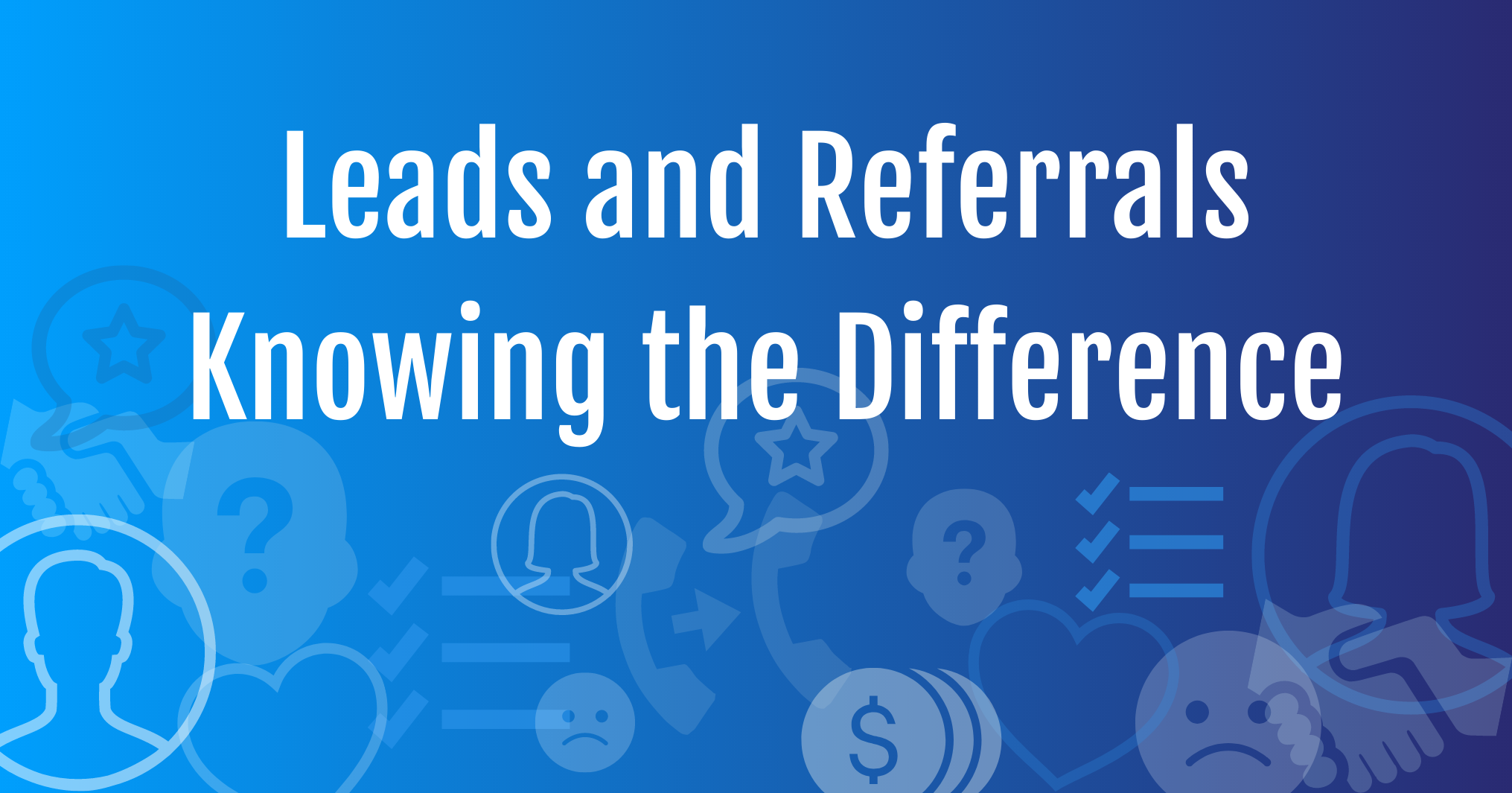
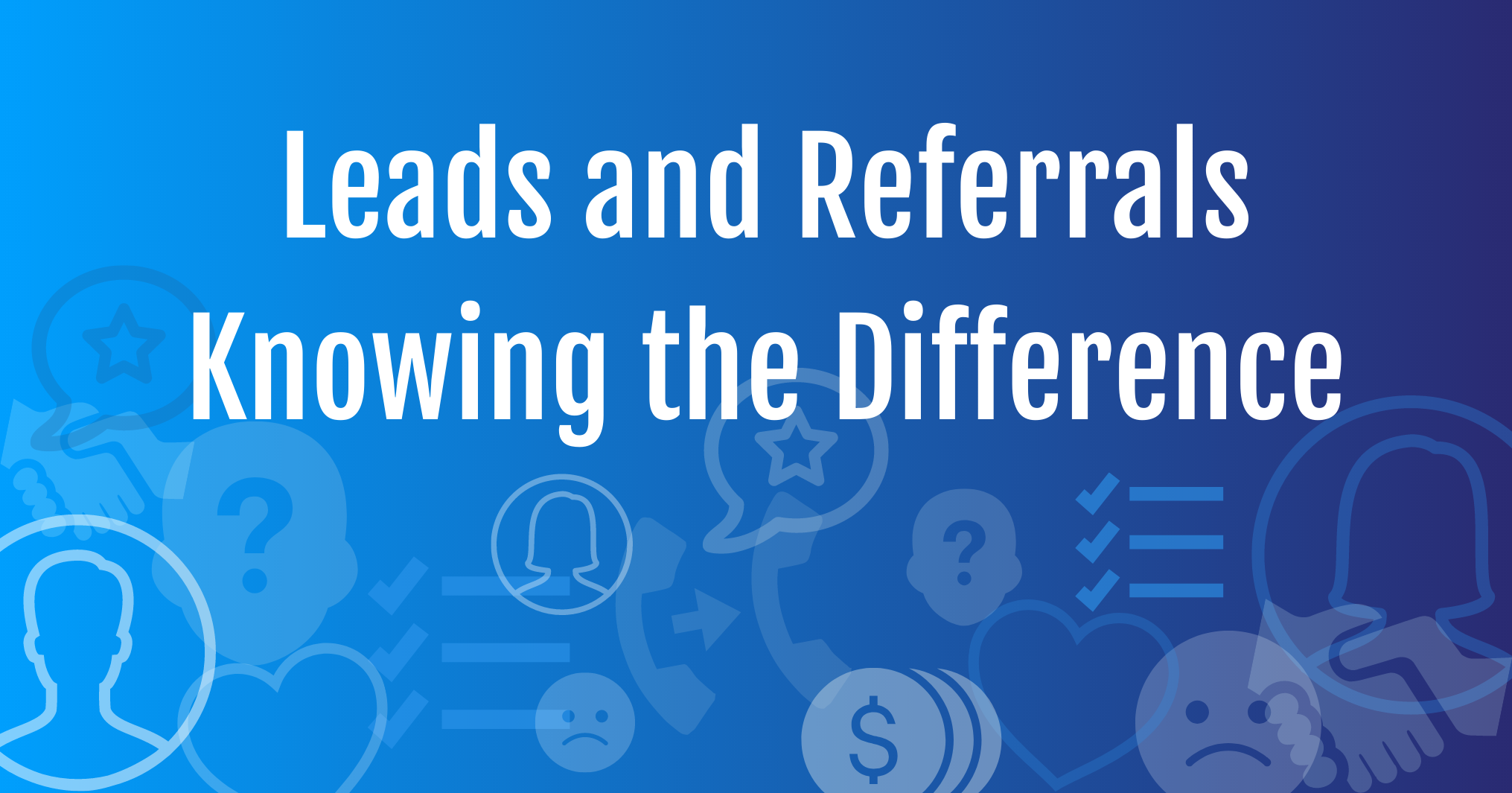
In our sales demonstration and training, we have our prospects and customers constantly asking us if we sell leads or what is the difference between leads and referrals. The answer is: there is a huge difference between both and deciding about which source your business will work with can directly impact the company’s results.
When comparing lead generation and referral marketing strategy, the latter is by far the most preferred choice amongst companies. And do you know why? Referral Marketing makes more ROI (Return on Investment) by generating a higher closing ratio at a lower cost per acquisition (18-22% against 2-3% in the case of lead generation). Let’s get into the details below.
Leads are contacts that are usually not expecting to receive a call. They don’t necessarily need the product or service you are about to offer. For example, if someone gives a list of people who just bought new homes to an insurance agent, that might be considered a good set of leads. However, because the prospects are usually not expecting a call from an agent and might not even know his company, it's basically not much better than a cold call.
A few other characteristics of leads:
- Leads have no personal endorsement.
- The time and work you need to put into leads are huge.
- Close ratios coming from leads are low because of the factors above.
As mentioned above, leads have no personal introduction to the company from a satisfied customer, or Advocate. That introduction is for the mutual benefit of both parties. The person or company who is given a lead has no assurance that the lead will be a successful one.
Companies can gather a lot of leads and build a huge mailing list. But then there is a lot of work involved in filtering out those who don’t fit your ideal client profile, and the time spent by the sales reps with unsuccessful calls and gatekeepers is wasted.
Referrals, on the other hand, are when someone gives you the name of a friend or family member who needs your product or service. The most important difference is that referrals come with a “stamp of approval” from the advocate who referred them. For that reason, they are targeted and generally come to you directly, while leads are people you usually have to chase after.
In fact, a Nielsen study shows that 83% of consumers say they either completely or somewhat trust recommendations from family, colleagues, and friends about products and services, making these recommendations the highest-ranked source for trustworthiness. (Source: Nielsen)
A few other characteristics of referrals:
- The time and work you need to put into referrals is significantly smaller.
- Referrals come with much less effort. Once you train your team to ask for referrals, they can come organically.
- The close ratio coming from referrals is higher than leads.
- Customers referred by other customers have a 37% higher retention rate (Source: Deloitte).
Consent is a prime aspect in successful referrals. So, when you call a referral, most of the time they will already know who you are and what you do (through the person who referred them) and in the best cases, they expect or even welcome your call.
Most of the referred people end up choosing the product or company because their Advocates have already done so. They already have an inherent trust factor; hence, there is no need to spend additional money on advertising since referrals come in organically, already at the bottom of the buying funnel. Also, referrals are usually more excited about the acquisition, based on the positive experience of their Advocates.
Before any sale, companies spend money on generating leads by cold calling, which takes a lot of the sales team's time and effort. With referral marketing, generating leads happens automatically and with much lower effort: this has a direct effect on sales since the team has more time to prospect more.
Obtaining Referrals.
A common mistake though, is to think of a referral as a guaranteed business. This is not always the case. Once your business gets a referral, it’s up to you to do the rest. But the fact is that a referral is an open door to put your best foot forward.
If you have a structured referral program, things get easier. With a referral software in place, you make sure all referrals are submitted on the same platform, and your sales team can quickly contact those prospects and communicate with them regularly.
You can also keep transparency with your Advocates by notifying them of the status of their referrals and rewarding them for their efforts.
And Don’t Forget to Just Ask For Referrals!
Implementing the principle of asking for referrals results in receiving an answer, doors opening, and relationships being created. Therefore, ask your clients, trusted friends, colleagues, and business partners if they know anybody who needs what you provide. You will be surprised by the results!
What you really want are recommendations. Recommendations come with approval and trust. As I described above, a referral is a bona fide (good and faithful) piece of information that the person making the referral has decided is appropriate for you. It will not be a waste of your time to connect. Whether or not the referral has an immediate need for your services, you can establish a basis for continued connection, which keeps you top-of-mind when the prospect is ready to pull the trigger.
The person referring someone to you is proof of their faith in your business. Don’t take that for granted - work every step of the sales process with the new prospect and make sure to keep your Advocates up-to-date with the status of the referral. Being intentional about your referral process shows you appreciate their trust and that you will take good care of their recommendation! And lastly, don’t forget to reward them for the effort.
Take a look at our Seal Solar testimonial for more information about how GTR’s referral platform helped them build their brand recognition in the solar market. We can help you, too! Schedule your demo below.
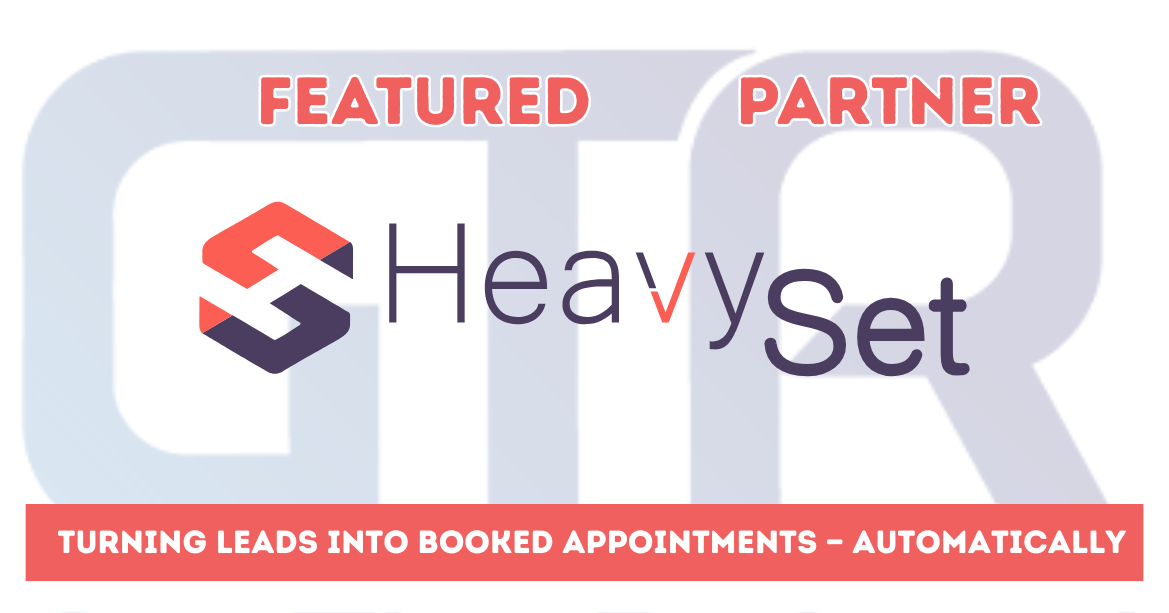
We love spotlighting partners who help home services businesses capture more opportunities, fill calendars, and boost sales. For January, we’re...

TL;DR: Roofing businesses are switching to referral software like GTR to turn customer satisfaction into a repeatable growth engine. GTR...
.png)
How to Accelerate Leads and Automate Referrals with ContractorFlow and GTR
.png)
Word of mouth marketing is one of the biggest drivers of revenue growth, but to be effective you need to promote, attract advocates, and measure...
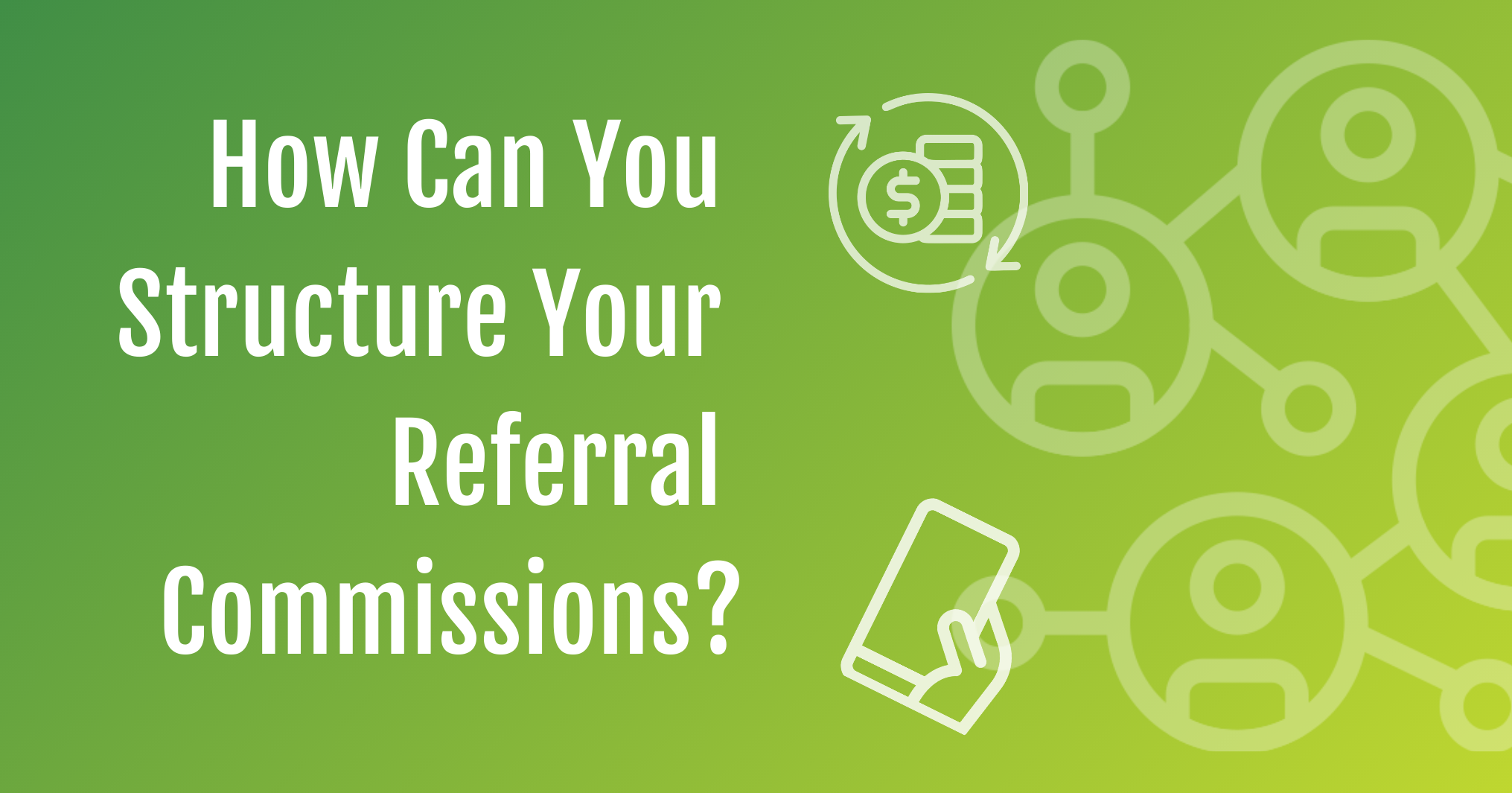
Referral Commissions Referral marketing has so many benefits for your business that it’s easy to forget about rewarding the people that made those...
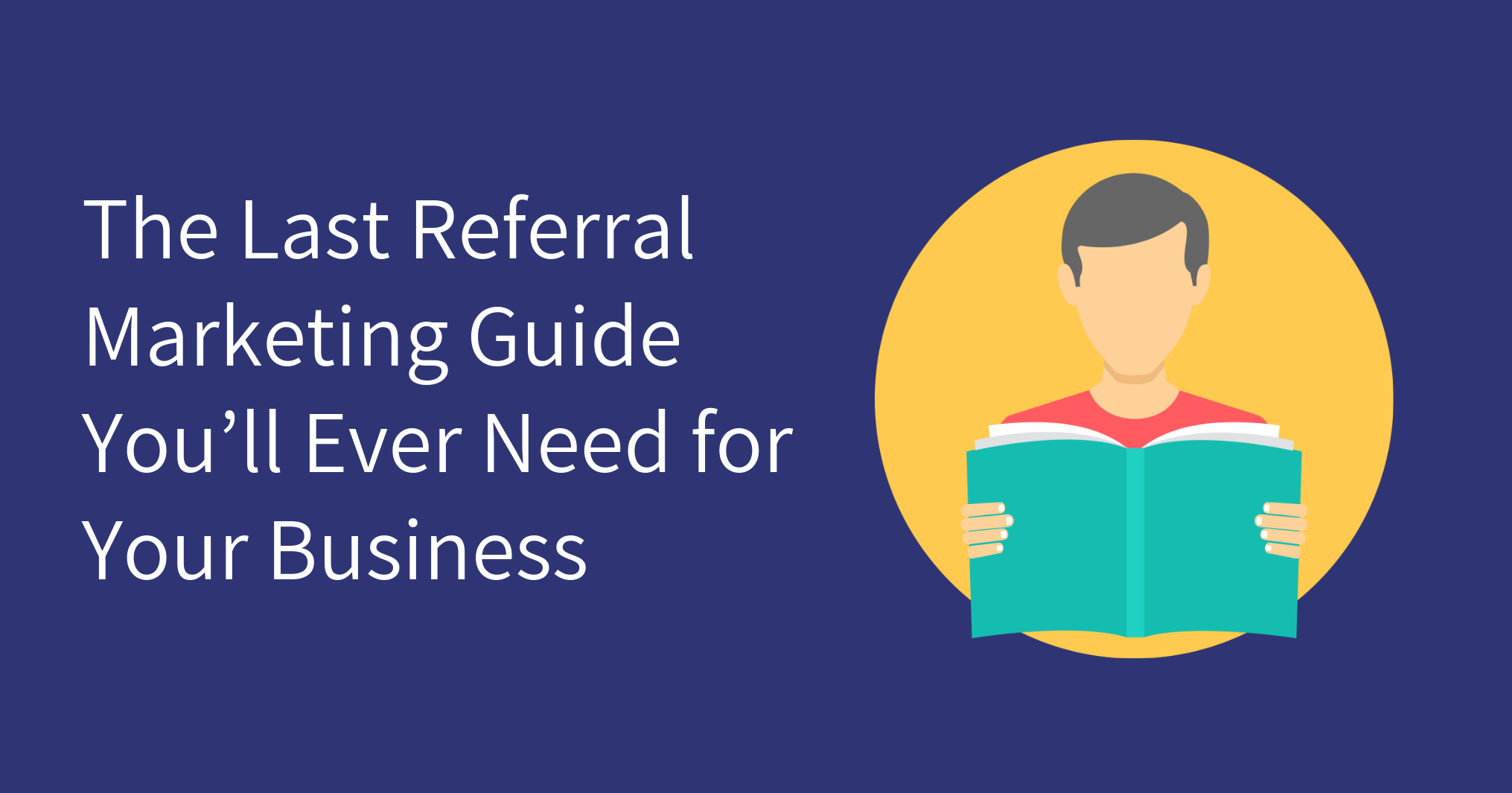
Referral Marketing is a powerful lead generation source for businesses of all sizes and in all industries. But why is it so effective and important,...